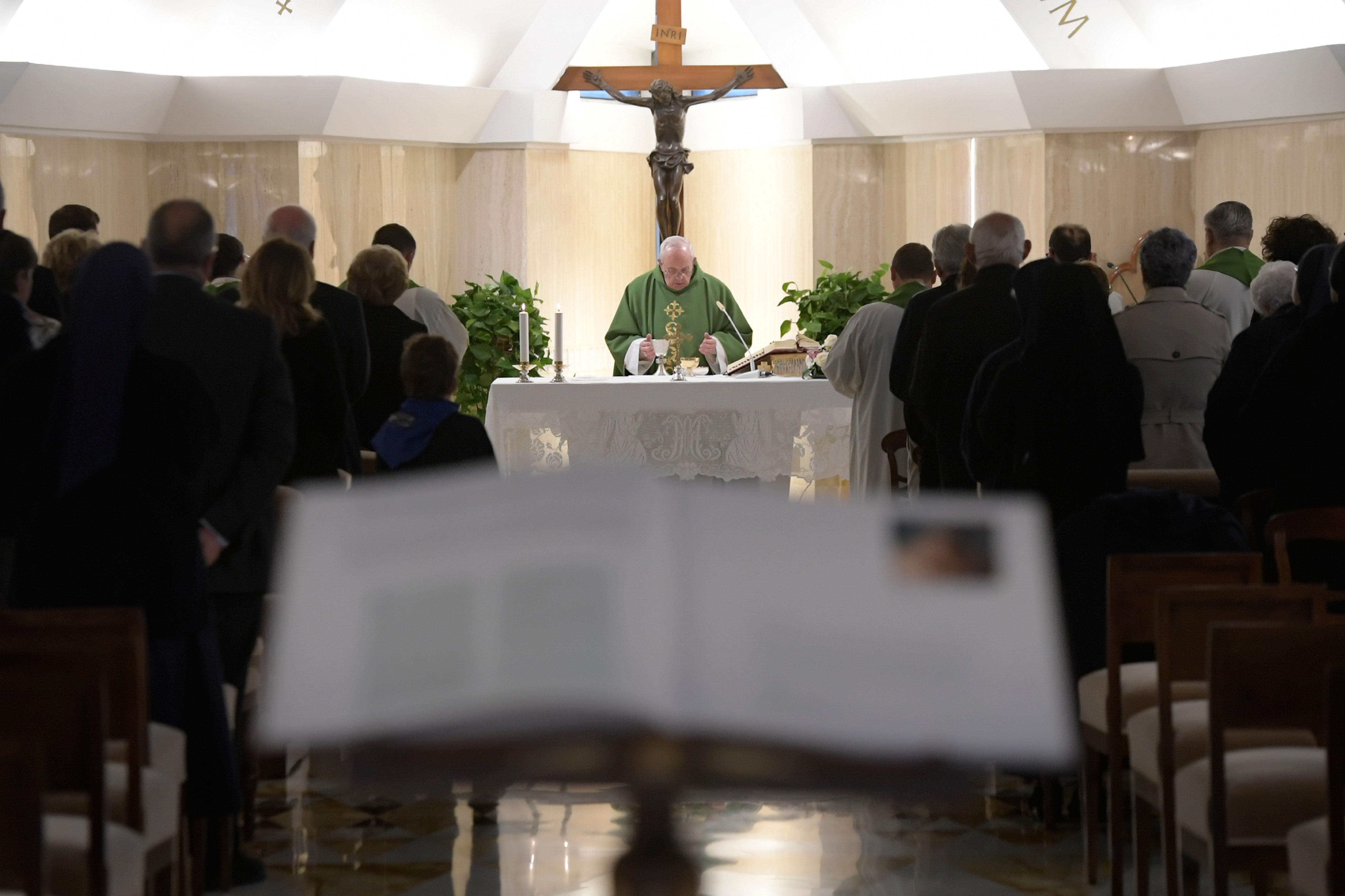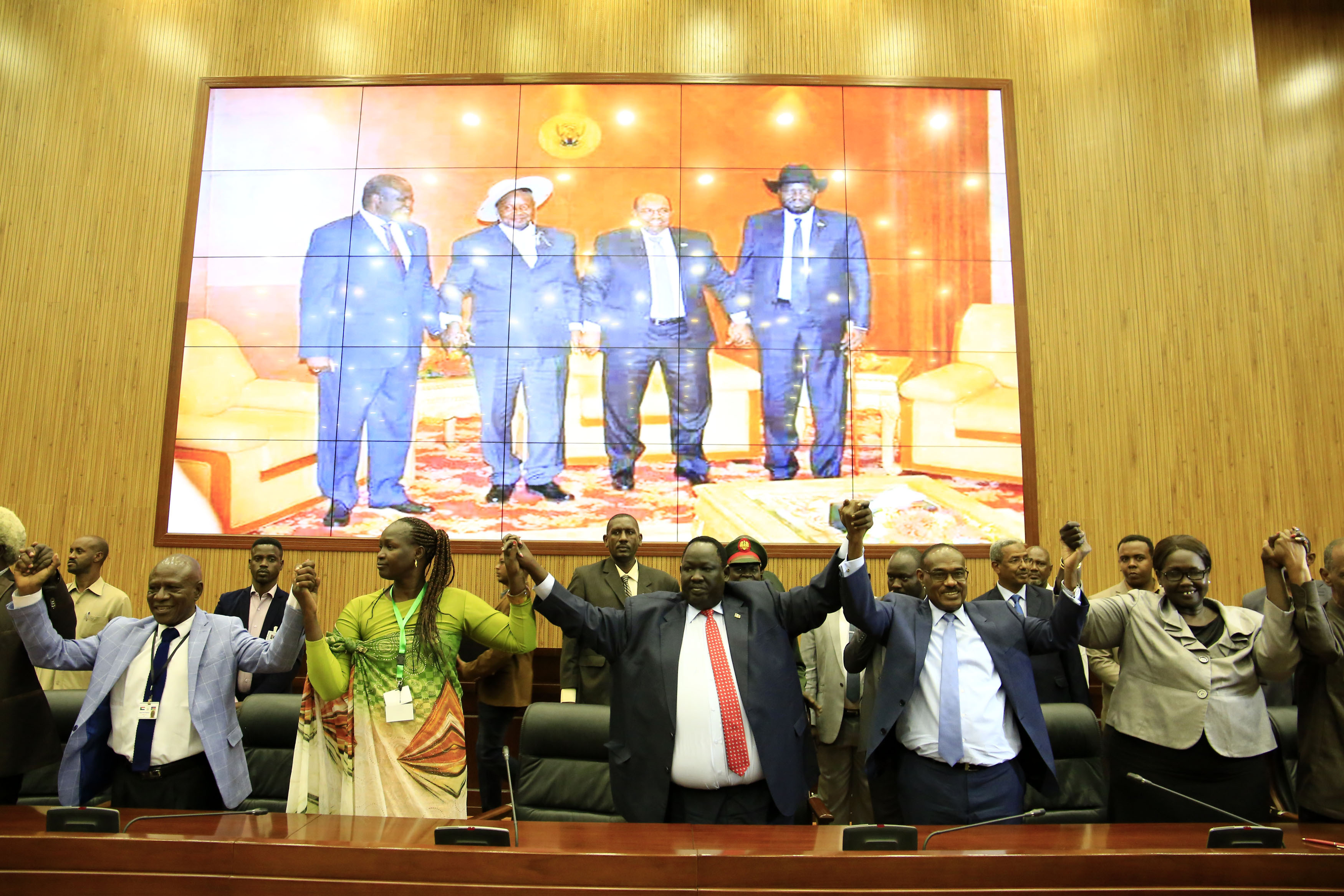Bishops in South Sudan have said the peace agreement is “fatally flawed” and the country’s leadership “does not have the will” to implement peace.
In a pastoral letter released following their meeting in Juba from 26-28 February, the bishops write that despite their welcoming the signing of the Revitalised Agreement on the Resolution of Conflict in South Sudan (R-ARCSS) in September of last year, there is a sense of “hopelessness that this agreement, like so many before it, will not succeed”.
The bishops continue, saying that although there is a “great deal” of talk about peace, “actions are not matching words”.
While the level of open conflict may have reduced, the bishops write, all parties remain either involved in fighting or actively preparing for war.
“The value of human life and dignity is forgotten as human rights abuses continue with impunity, including murder, rape, widespread sexual violence, looting and the occupation of civilian land and property.”
“While funds are spent on the military and corruption continues among the elite ordinary people face hardships as the economy continues to collapse around them,” they continue.
The bishops state: "We fear that this peace agreement is fatally flawed in itself and cannot bring true peace; we fear also that the current leadership does not have the will to implement peace".
The statement said many of the committees and commissions mandated by R-ARCSS, have not been set up or are late in getting started.
President Salva Kiir's government, the main rebel group led by former vice president Riek Machar and most other armed groups signed the revitalised peace deal on 12 September 2018 designed to end South Sudan's brutal five-year civil war.
The bishops write that the Permanent Ceasefire has not been observed; prisoners of war have not been released; political parties have not ceased training recruits and civilian houses are still occupied by troops.
“Parties are not creating conditions sustainable for peace which would thereby prevent the outbreak or relapse of violent conflict again,” the bishops warn.
The bishops offer 17 measures to improve the situation, suggesting South Sudan President Salva Kiir "should constructively engage all stakeholders" to ensure that each signatory to the peace deal does what it agreed to do. They call for genuine national dialogue, and the inclusion of all opposition parties.
The state of emergency should be lifted to ensure freedom of speech and other democratic rights, and all political detainees and prisoners of war must be released, they said.
They suggest that the Church and other faith-based organisations be given a “prominent role” in national reconciliation. They add that the Catholic Church will help in the peace process by building peace between parties and engaging a respected team of peace negotiators. They commend the work of the Church’s Justice and Peace Commission and write that the Church "will continue to use its preaching, teaching and pastoral networks to create an atmosphere conducive to peace and reconciliation" and also "play its part in the South Sudan Council of Churches' action plan for peace”.
All these measures, "if properly implemented, will create a conducive political, social and economic environment" for the people of South Sudan "to enjoy the dividends of peace," the bishops conclude.
South Sudan’s five-year civil war caused the death of close to 400,000 people.
According to a UN report published last week, 60 per cent of the population are experiencing food insecurity, while – out of a population of just over 12 million people - 2.2 million are refugees and 1.9 million internally displaced.
“Rapes, gang rapes, sexual mutilation, abductions and sexual slavery, as well as killings, have become commonplace in South Sudan,” the report states.
In some areas, 65 per cent of women and 36 cent of men may have been sexually abused, according to the report.



 Loading ...
Loading ...